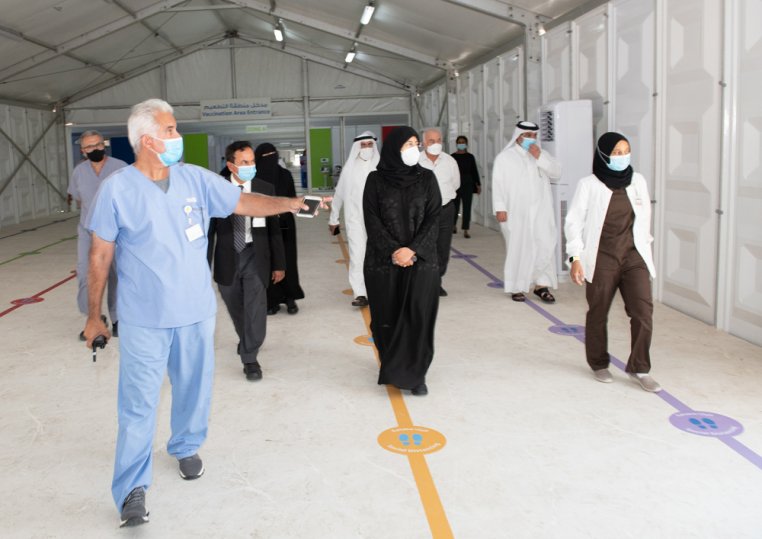 Women are known to wait longer to seek medical assistance for heart related symptoms, according to a study published in the European Journal of Cardiology this week. As a result, experts are urging women to seek immediate medical help when symptoms are seen to occur.
Women are known to wait longer to seek medical assistance for heart related symptoms, according to a study published in the European Journal of Cardiology this week. As a result, experts are urging women to seek immediate medical help when symptoms are seen to occur.
The study
Researchers analysed the outcomes of the 4,360 patients (967 women and 3,393 men) who were treated for acute ST-segment elevation myocardial infarction or STEMI (a type of heart attack) between 2000 and 2016 at Tremli hospital in Switzerland, the second largest percutaneous coronary intervention (PCI) centre in the country.
This team of researchers were primarily interested in looking at changes in patient delay and system delay for both sexes during the 16-year period. Patient delay refers to the time taken for patients to get help from the hospital, emergency medical services or a general practitioner after the getting symptoms. System delay refers to the time it took to reopen the vessel after being in contact with a healthcare professional. The secondary point of interest in this study was the rate of in-hospital deaths from the condition.
Results
The results showed that the rate of reduction of systemic delay over the 16-year period was equal for men and women. This meant that patients from both sexes got stents after contact with healthcare professionals at a quicker rate than they would have in the past.
But as far as patient delays go, the results painted a different picture. Patient delays decreased slightly for men over the study period but stayed the same for women. The study found that women waited an alarming 37 minutes longer than men before seeking medical help for their symptoms.
Dr Matthias Meyer, a cardiologist at Triemli Hospital who led the study, says that women might wait longer to get help because they are less likely to attribute their symptoms to an urgent, life-threatening condition like a heart attack.
He also says that misconceptions about heart attacks being a “man’s disease” and the differences in the location of the symptoms might also play a role in these delays. He says that this is because men and women experience equal amounts of pain but may feel it in different areas. Chest pain and pain on the left arm, symptoms that we tend to associate with hear attacks, are more common with men, but women may experience back, shoulder or stomach pain instead.
Additionally, in-hospital deaths during the study period were significantly higher for women (5.9 per cent) than men (4.5 per cent). Delays weren’t associated with in-hospital deaths during the study, after taking a number of factors into account. However, Dr Meyer says that previous studies show that delays do affect long-term mortality.
The take-home message
Dr Meyer’s message is clear: “Every minute counts”
He also urges women to be aware of their symptoms and seek immediate help if they experience moderate to severe chest, throat, shoulder, stomach or back pain that lasts more than 15 minutes. Nausea, shortness of breath, weakness, cold sweats or fear may also accompany these symptoms.
By Tesneem Ayoub
Sources:
1- https://www.sciencedaily.com/releases/2018/12/181211073303.htm
2- https://www.heart.org/en/health-topics/heart-attack/about-heart-attacks/silent-ischemia-and-ischemic-heart-disease






Leave A Comment
You must be logged in to post a comment.